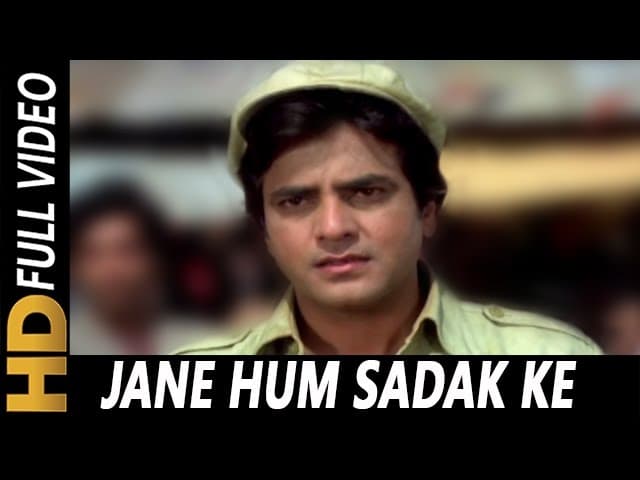
Kind of like General "Stormin'" Norman Schwarzkopf was in the 1990s Persian Gulf War, Abrams was the chosen media darling as far as the news cameras were concerned. General Creighton Abrams was a prominent general in the Vietnam War. and was one of the people who advocated wiretaps as a way to keep civil order (gee, that kind of backfired). Mitchell was Attorney General under Nixon. Hoo-kay: Nixon is of course the 37th US president and was in office in 1970, but had yet to fall to the infamous Watergate scandal - however, his popularity was very low in the liberal and democratic ranks, even from the beginning. Hog maws confiscated from a Harlem sanctuary." Mitchell, General Abrams and Spiro Agnew to eat "The revolution will not show you pictures of Nixonīlowing a bugle and leading a charge by John Ken Thompson and Dennis Richie had just invented Unix and the C programming language the previous year! Back before the whole computer revolution, photocopying documents, together with the electric typewriter and, later, the mighty FAX machine, was the whole basis for information exchange in our society. Network "movie specials" typically boasted of limited commercial interruptions - if you watch a flick on video sites like today, they spiel almost the exact same line! Xerox is a photocopier company. In 4 parts without commercial interruptions." "The revolution will not be brought to you by Xerox just about everything here references some then-current meme in television, particularly commercials, most of it now lost to history.
#Ballad of jane lyrics meaning tv
"Commercials" are of course TV commercials.

"Skag" is a slang term for the drug heroin. "You will not be able to lose yourself on skag,Īnd skip out for beer during commercials," LSD evangelist Timothy Leary coined the expression "tune in, turn on, and drop out" for the experience of expanding the mind with psychedelics. You will not be able to plug in, turn on and cop out." "You will not be able to stay home, brother. Can you smell the modern cultural relevance? Today, we can just as easily say "the revolution will not be blogged". attended by about ten kids in Guy Fawkes masks who don't even know who Guy Fawkes was, but only bought the masks because they came from a comic-book movie.

Now, in 2011, think about the Internet activism of today, where online rallies result in web poll jamming, website hacking, DDoS attacks, "money bombs", online petitions, angry blog posts, ranting YouTube videos, and the occasional in-person protest. They cannot sit at home on the couch and wait for the revolution to come out of their TV sets. The overall meaning: In interviews, Gil Scott-Heron pointed out that the message is that people who want change need to make it happen themselves. It's more of a motor-mouth rap, delivered almost in the style of a hopped-up street preacher, jamming and cramming 1970-era cultural references into every single line. with quite a heavy reference to the Black Power movement. "The Revolution" was of course a general reference to the counter-culture movement and its hopes of overcoming consumer capitalism. It started as a poem, then was translated to a song and released on the debut album Pieces of a Man released in 1971.

But here, we will attempt the awesome task of paying proper due to "The Revolution Will Not Be Televised", his most famous work. We are still fresh from grief regarding soul-and-jazz poet Gil Scott-Heron, who passed away just this last summer in May of 2011.


 0 kommentar(er)
0 kommentar(er)
